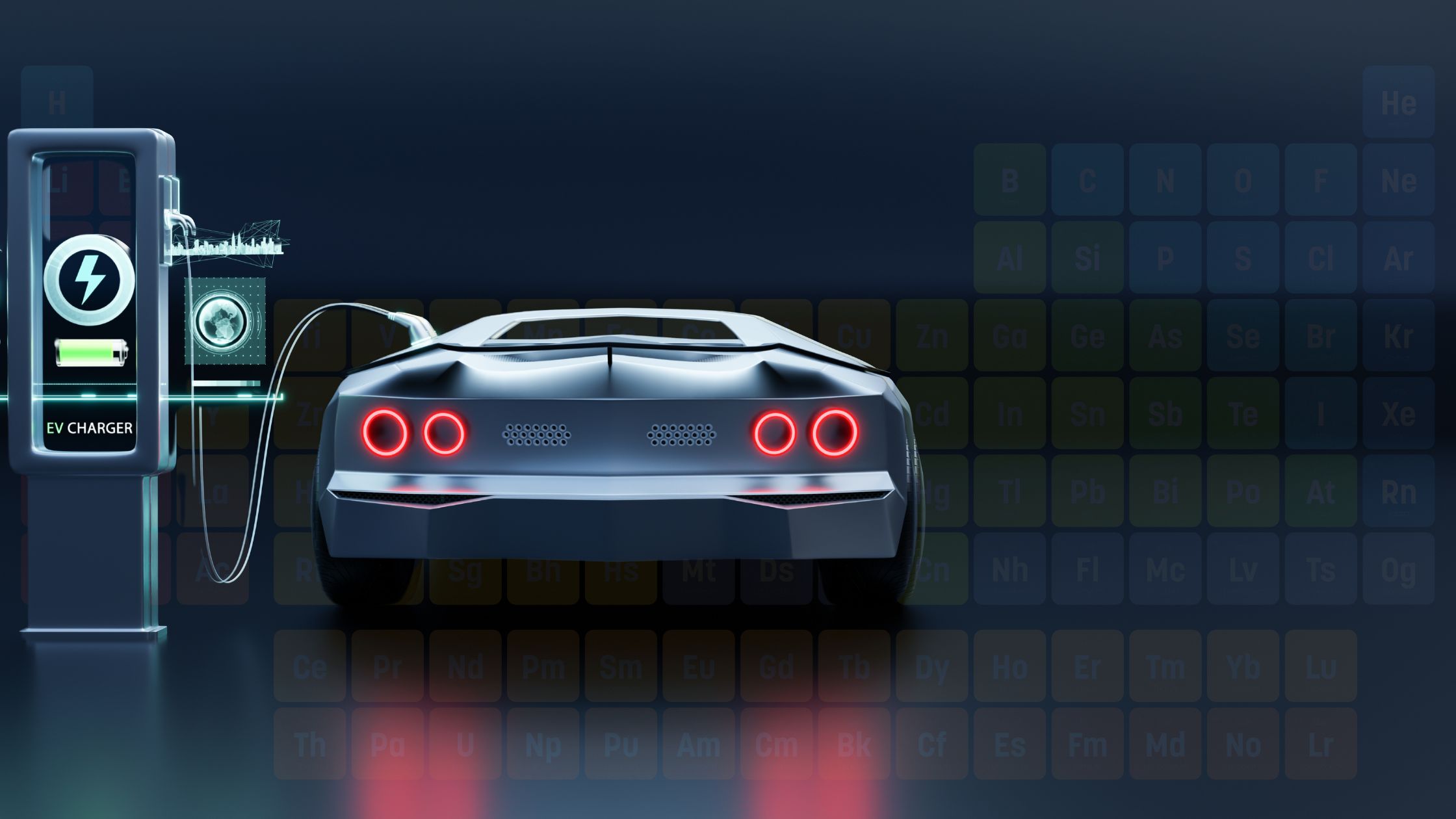
New Delhi — Rare earth export curbs imposed by China are threatening the smooth operation of India’s fast-growing electric vehicle (EV) industry. Indian automakers are facing severe challenges sourcing critical rare earth magnets required for electric motors, leading to concerns of production halts and delayed rollouts.
According to industry insiders, China has recently denied export permits for multiple India-bound shipments of neodymium magnets—key components used in EV drivetrains—while continuing supplies to countries like Japan and the United States.
Impact on India’s Auto and EV Manufacturing Sector
Companies such as Bajaj Auto, TVS Motor, and several auto parts suppliers have warned that unless the supply issue is resolved within weeks, EV production could slow significantly. Despite efforts to secure alternative routes, rare earth magnet imports remain bottlenecked.
“We may have to scale back our electric two-wheeler output in Q3 if we don’t get fresh magnet shipments by July,” said a senior official from a leading EV firm.
This is particularly concerning given India’s target of 30% EV adoption by 2030, which depends on uninterrupted access to high-efficiency motor components.
Geopolitical Tensions and Strategic Implications
China controls over 85% of the global refined rare earth supply, giving it immense leverage. Experts believe that the selective export restrictions to India reflect deeper geopolitical tensions and Beijing’s strategy to assert dominance in clean-tech supply chains.
“Rare earth export curbs are no longer just trade tactics; they’re geopolitical chess moves,” said Dr. Ananya Rao, analyst at the Centre for Strategic Minerals.
Government Response and Local Alternatives
In response, the Indian government has announced plans to accelerate domestic rare earth exploration. Amendments to the Mines and Minerals (Development and Regulation) Act are being fast-tracked to promote private and public-sector mining of critical minerals like neodymium and dysprosium.
According to officials, India may launch pilot-scale magnet production before the end of 2025 to reduce import dependency.
Future Outlook for India’s EV Market
With rare earth magnets essential to both electric mobility and wind energy, India is under pressure to diversify its import sources and develop domestic alternatives. The long-term solution lies in strategic reserves, joint ventures, and new trade partnerships with countries like Australia and Vietnam.
“The current situation highlights the urgent need for supply chain resilience,” said Mahesh Iyer, director of an EV startup incubator in Bengaluru.



Leave a Reply